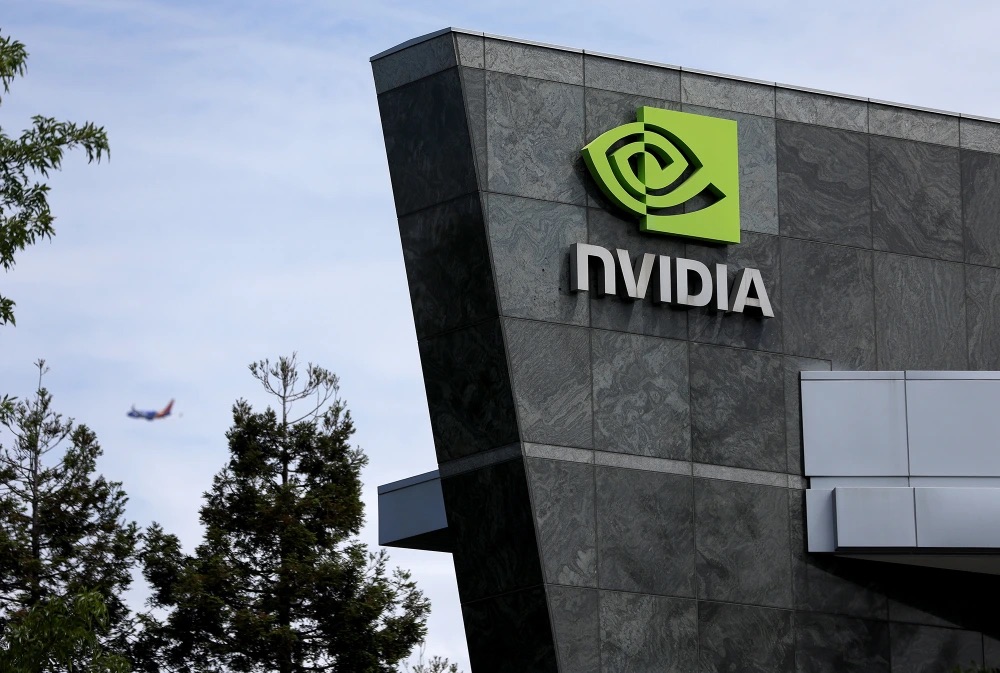Tech Stocks Tumble as Chinese AI Firm DeepSeek Challenges US Dominance…..NEW YORK, USA — U.S. technology stocks plunged Monday, January 27, 2025, amid concerns that Chinese artificial intelligence firm DeepSeek may have overtaken American dominance in AI development.
The Nasdaq Composite fell 3.4% at the opening bell, the Dow dropped 180 points, and the S&P 500 slid nearly 2%, as investors reacted to claims of rapid progress by the Chinese AI startup.
DeepSeek, which released an open-source AI model in December, has captured attention with its claim of having built the model in just two months for less than $6 million.
These figures are a stark contrast to the billions of dollars that U.S. tech giants like OpenAI, Microsoft, and Meta have invested in AI research and development.
Adding to the pressure, DeepSeek’s AI-powered app surged to the top of the Apple App Store’s free app rankings, displacing OpenAI’s ChatGPT, which has dominated the space since its launch.
Market Impact
The ripple effects of DeepSeek’s emergence were felt across the U.S. tech sector, with semiconductor companies and mega-cap tech firms bearing the brunt of the sell-off.Chipmaker Nvidia, which has been a standout performer over the past two years with shares rising more than 200%, saw its stock tumble over 12%, wiping more than $300 billion in market value.
Other chipmakers, including Micron Technology and Arm Holdings, fell 7%, while ASML slid 9%.
Among the tech giants, Microsoft and Google parent Alphabet dropped 4%, while Meta Platforms, which is working on its own open-source AI initiatives, fell nearly 2%.
Power companies seen as beneficiaries of AI growth also took a hit. Constellation Energy, which recently partnered with Microsoft to restart the Three Mile Island nuclear plant to power AI servers, fell 16%.
Other utilities such as Vistra Energy and NRG Energy dropped sharply, while Siemens Energy and GE Vernova, both suppliers of power equipment, fell 20% and 23%, respectively.
Industry Response
Despite the market turbulence, some analysts expressed scepticism about DeepSeek’s claims.“We believe that…DeepSeek did not ‘build OpenAI for $5M,’” Bernstein analyst Stacy Rasgon wrote in a note to clients.
“The models look fantastic but we don’t think they are miracles.”
Others acknowledged the significance of DeepSeek’s approach.
Giuseppe Sette, president of AI market research firm Reflexivity, highlighted the firm’s innovative use of computational resources.
“DeepSeek has taken the market by storm by doing more with less,” Sette noted.
“In layman terms, they activate only the most relevant portions of their model for each query, and that saves money and computation power. This shows that with AI, the surprises will keep on coming in the next few years.”
Strategic Implications
The sell-off comes despite U.S. export controls aimed at limiting China’s access to advanced semiconductors, which are critical for developing high-performance AI models.DeepSeek’s progress underscores the potential for Chinese firms to innovate despite these restrictions, raising concerns about the long-term competitive position of U.S. technology companies.
The emergence of DeepSeek’s efficient, cost-effective model could serve as a blueprint for other AI firms, reshaping the landscape of the global AI race.
As markets adjust to the news, analysts and investors alike are grappling with the implications for both the technology sector and U.S. economic leadership in a rapidly evolving field.
While it remains to be seen whether DeepSeek can sustain its momentum, its disruptive entry has already sent shockwaves through an industry defined by rapid innovation and fierce competition.

Tech Stocks Decline as Chinese AI Company DeepSeek Challenges U.S. AI Dominance
Tech Stocks Decline as Chinese AI Company DeepSeek Challenges U.S. AI Dominance
Excerpt From The Trent




